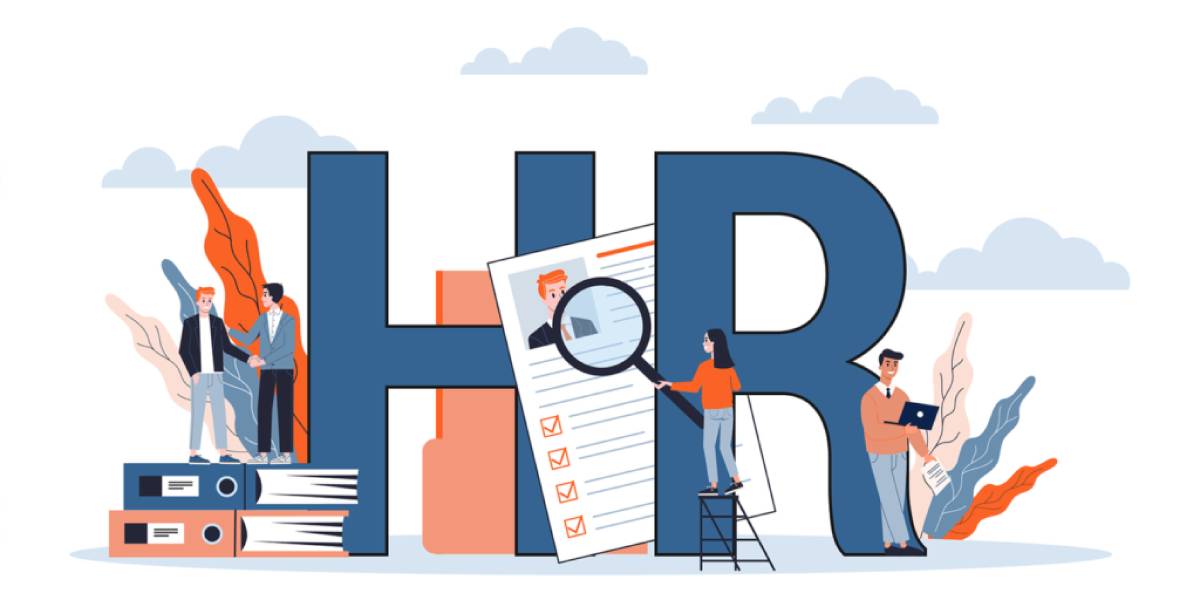Assessment is a vital aspect of the hiring process, determining if a candidate is a suitable fit for a job opening. Organizations employ talent assessments, conducted in-person or online, depending on the role. Following the assessment, HR reviews the results to make informed decisions about the candidate’s suitability for the position. Pre-employment assessment tools are utilized by HR to efficiently filter candidates, creating a qualified pool and streamlining the hiring process for greater efficiency.
The Role of Formative Assessment
One integral aspect of assessments is the concept of formative assessment. This type of assessment focuses on providing ongoing feedback to individuals or teams, fostering continuous improvement and development. In an organizational setting, formative assessments act as checkpoints, allowing for timely adjustments and refinements in strategies, processes, or skills. Think of formative assessments as the guidance system that helps steer the organization toward its goals by addressing challenges in real-time.
Assessment and Evaluation
Assessment and evaluation work hand in hand to drive organizational growth. While assessments involve the systematic collection of data and insights, evaluation takes it a step further by analyzing and interpreting this information to make informed decisions. Together, they form a dynamic duo that empowers organizations to adapt, innovate, and thrive in a constantly evolving business landscape. Evaluation, in this context, is like the organizational compass, guiding leaders in strategic decision-making based on assessment findings.
Purpose of Assessment
The purpose of assessments within an organization goes beyond mere measurement. It aligns efforts with overarching goals, offering a roadmap for improvement and success. Assessments help organizations understand where they stand in terms of efficiency, productivity, and employee performance. The purpose is to identify areas that require attention, allocate resources effectively, and ensure that every facet of the organization contributes to its overall success.
Nature of Assessment
The nature of assessments is inherently adaptable, allowing organizations to tailor their approaches based on unique dynamics. Whether it’s performance assessments, skills assessments, or process assessments, the nature of these evaluations is designed to suit the specific needs and objectives of the organization. It’s akin to a customized toolkit that organizations wield to navigate their individual landscapes successfully.
In simple terms, tests are like the compass in an organization. They give guidance, responses and ideas for ongoing betterment. These tools like tests, checks or goals are very important. They help businesses stay active and quick in meeting their aims. Knowing what tests are for and how they work is very important. It helps you use their power to keep your business doing well for a long time.
Discover Time Champ– Empowering HR with Effortless Employee Monitoring Solutions and Unleashing Cutting-Edge Features of Time Champ for Today’s Dynamic Work Environment.
FAQs
Assessment refers to the systematic process of measuring, evaluating, and understanding various aspects of performance, skills, or outcomes within an organization. It involves using planned methods to gauge effectiveness, identify areas for improvement, and align efforts with overarching goals. Assessments play a crucial role in steering continuous improvement and success in the organizational landscape.
Self-assessment is a personal method where people check how well they are doing, their skills or talents. It means thinking about yourself and looking inside to check your good points, bad points, and places you can get better. People often use self-assessment in many ways like learning, growing personally and professionally. It lets them judge their own skills and improve them actively.
Risk assessment is a careful way of finding, measuring and ranking possible problems or uncertainties that may affect an organization, project or activity. It means looking at the chances and possible results of different dangers to make smart choices. Then, you put steps in place to reduce or control those dangers well. Risk assessment is a very important part of managing risks. It helps companies see and deal with possible problems to reach their goals while lessening bad outcomes.

